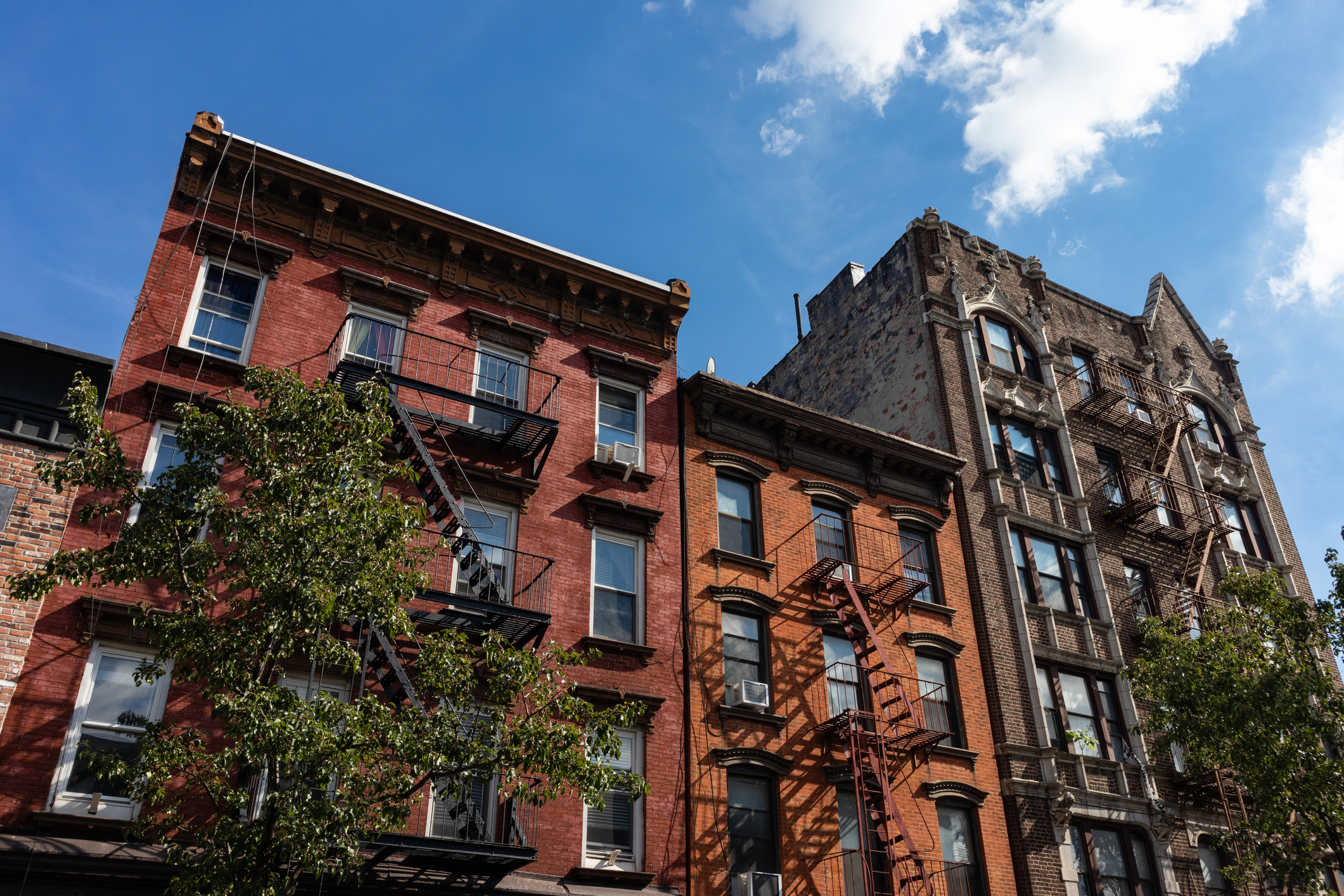
Whether you are living in an apartment complex or a single-family home, you should take several precautions to keep yourself and your belongings safe. Here are some tips to keep you and your property safe: Lock doors, inspect parking garages, and notify your landlord when you are away. Also, remember to lock all windows and doors. This is important because thieves may target rented properties. It is also important to report any suspicious activity to the landlord.
Signing a rent agreement
When signing a lease, many landlords rely on standard forms for their leases. But it is important to read and understand the lease carefully before signing it. Ask the landlord about roommate policies and other details. Make sure you understand how much the landlord will cover for utilities and insurance. Also, be sure to know if you will be paying utilities, as this will affect your rent. Signing a lease does not have to be a stressful experience, but it does have its fair share of pitfalls and must be taken seriously.
How to rent apartment? The main points to consider before signing a rent agreement while renting an apartment are the length of time you will stay in the property, monthly rent, and other legal requirements. Many landlords also include rules on their rental agreements, including guidelines for subletting, guests, and pets. Violation of these rules could result in eviction. Additionally, the lease will also contain mandatory legal notices. These should be reviewed carefully to avoid any legal pitfalls later.
Locking doors
While most leases require the landlord to provide working locks on all exterior doors, some states have additional laws regarding this issue. For example, landlords must provide a working deadbolt on all exterior doors for security purposes. If a tenant locks themselves out during an eviction, they must be given a new key right away. Also, landlords cannot lock themselves out of an apartment without proper notice. Therefore, landlords must follow state laws regarding lock policy.
Some landlords may refuse to change the locks in the property, and in this case, it may be necessary to obtain a new lock to protect your property. Another option is to install temporary portable locks, which work alongside the primary deadlock. These locks can be installed without causing damage to the door frame. Besides, strike plates are important in preventing kicks in the door. If your landlord refuses to install them, you may need to replace the strike plates with new ones or use longer screws.
Notifying your landlord when you’re away
If you’re planning on moving out and have a hard time finding another tenant, notify your landlord as soon as you know you’re leaving. It’s important to inform your landlord in advance so that he can make plans for re-renting your apartment. If you move out in the middle of a coronavirus pandemic, it may be difficult to find a replacement tenant quickly. Keep copies of all written correspondence, as well, as you may be sued for the remainder of the rent.
Remember to give your landlord at least 30 days’ notice. Otherwise, he or she may go ahead and charge you for the next month’s rent. In addition, if you don’t provide adequate notice, your landlord may send you to collections or Small Claims Court. Consult an attorney for advice. While not necessary, you’ll still have to inform your landlord if you’re moving out.
Inspecting parking garages
If you are renting an apartment, you should take the time to inspect parking garages. Parking garages are a vital part of an apartment, especially in busy apartment complexes with more than 100 residents. An assigned spot is better, but it’s important to know the rules and regulations of parking spaces in an unassigned parking garage. Likewise, you should visit the apartment during peak times to see how hard it is to find a parking space, and how much competition there is.
Parking garages are an important part of an apartment, especially for those who spend a lot of time outside their home. During your visit, inspect wall switches, note any unusual lighting conditions, and note the overall apartment condition. Parking garages are important because many renters spend a lot of time outside their apartments, so it’s essential to inspect them thoroughly before moving in. If you find any damages or problems, you can easily make repairs.
Checking a tenant’s background
It’s the landlord’s legal right to screen tenants, but you should always screen tenants consistently. Before letting someone move in, ask for their written consent and explain the background check process. Background checks should confirm a renter’s identity and give you details on any criminal or eviction history. Some reports may also check a renter’s credit history. Here’s how to conduct a background check and avoid getting ripped off.
The first step in a housing or financial services background check is obtaining a tenant’s social security number.. This allows you to determine their employment history, financial status, and other information. Your tenant’s SSN is also important. It’s worth getting a copy of their social security number to find out if they have a criminal record. Once you have the tenant’s SSN, you can order a full background check on them.
Leave a Reply